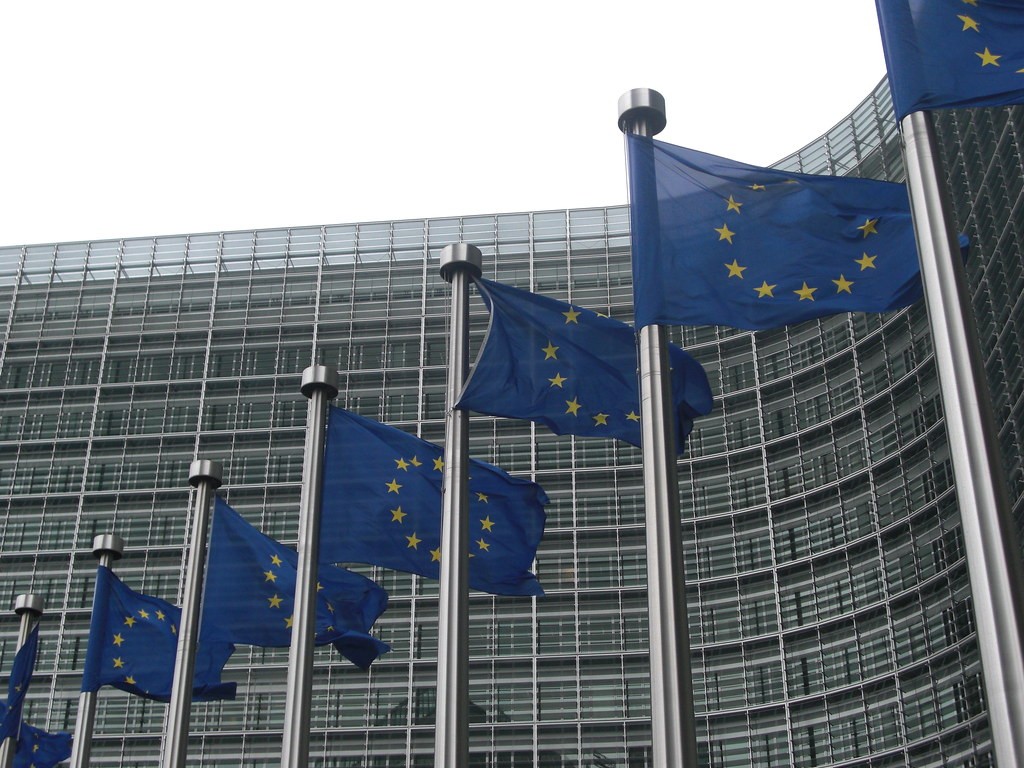In George Orwell’s 1984, a nightmarish fantasy of a surveillance society, homes are equipped with ‘Telescreens’ through which the Thought Police watch the population.
Orwell wrote, “Any sound that Winston made, above the level of a very low whisper, would be picked up by it moreover, so long as he remained within the field of vision which the metal plaque commanded, he could be seen as well.”
Today, many of us willingly choose to have devices which listen to us constantly in our homes – Amazon Echo and Google Home being just two examples.
The writer, who died on this day in January 1950 in London, was most famous for two novels which explored totalitarian politics: 1984 and Animal Farm.
The vocabulary of 1984 in particular has influenced the 20th and and 21st centuries – from ‘Big Brother’ (the dictator of the novel) to ‘Doublethink’ (referring to the political ability to believe two contradictory things at once).
But many of the novel’s predictions have come chillingly true in the 21st century: here are some ways Orwell’s 1984 predicted the world we live in today.
Telescreens
The omnipresent telescreens of 1984 – two-way televisions through which propaganda is broadcast and viewers are ‘watched’ – are alarmingly similar to the Smart TVs many of us have in our living rooms.
In 2015, Samsung admitted that some of its TV models might listen to users – and record personal or private information.
Read more: yahoo








































